Are you fascinated by the Earth's natural history? These are the geology museums you should visit in Scandinavia:
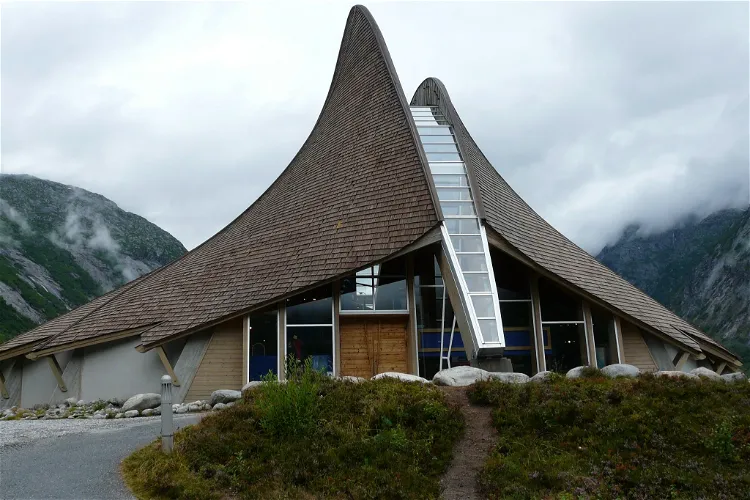
Breheim Center
BergetThe Breheimsenteret, also known as the Breheim Center, serves as a museum and one of the three visitor centers for the Jostedalsbreen National Park. It provides a wealth of information about the park and its surroundings, making it a valuable resource for tourists looking to explore the area.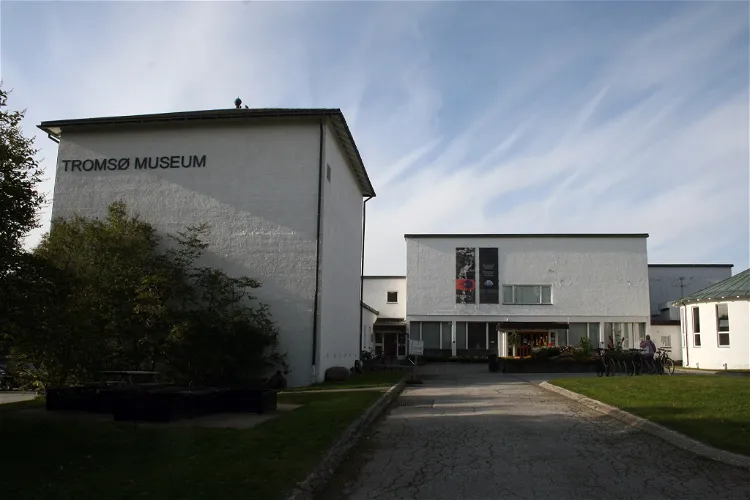
The Arctic University Museum of Norway
TromsøThe Tromsø University Museum welcomes over 110,000 visitors each year. It offers a variety of exhibits, with eight permanent displays and two to three temporary exhibitions held throughout the year. These exhibitions provide a comprehensive overview of the region's history, culture, and natural environment.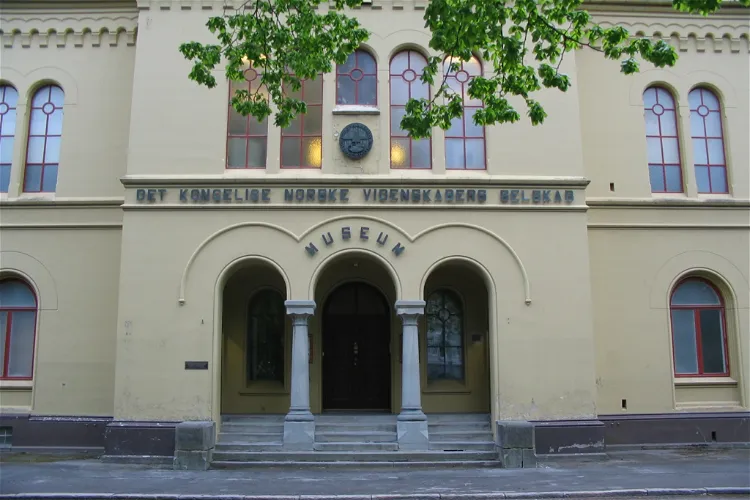
The NTNU University Museum
TrondheimThe NTNU University Museum, also known as the Museum of Natural History and Archaeology, is a significant institution located in Trondheim, Norway. It is part of the Norwegian University of Science and Technology. The museum offers a unique opportunity to explore the rich history and diverse natural environment of the region.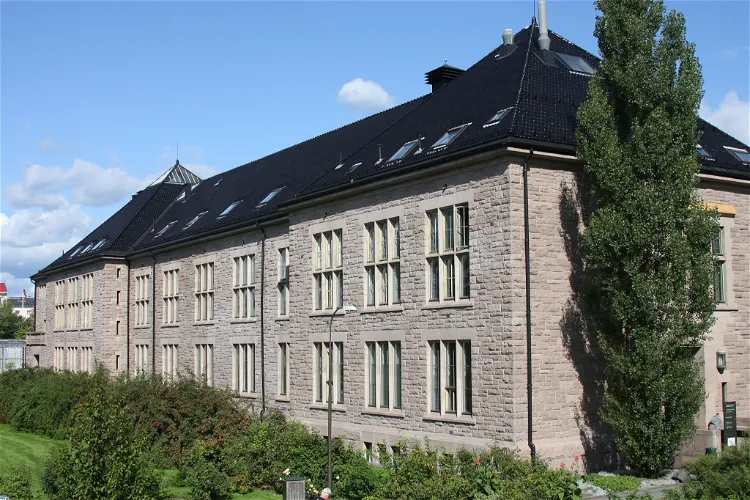
Geological Museum
OsloThe Geological Museum in Oslo, also known as the Geologisk og paleontologisk museum, is a significant part of the Natural History Museum of the University of Oslo. Established in 1917, the museum has a rich history and is a testament to the scientific and cultural heritage of the city. It was founded on the initiative of Geology Professor Waldemar Christofer Brøgger and opened to the public in 1920 with numerous exhibits.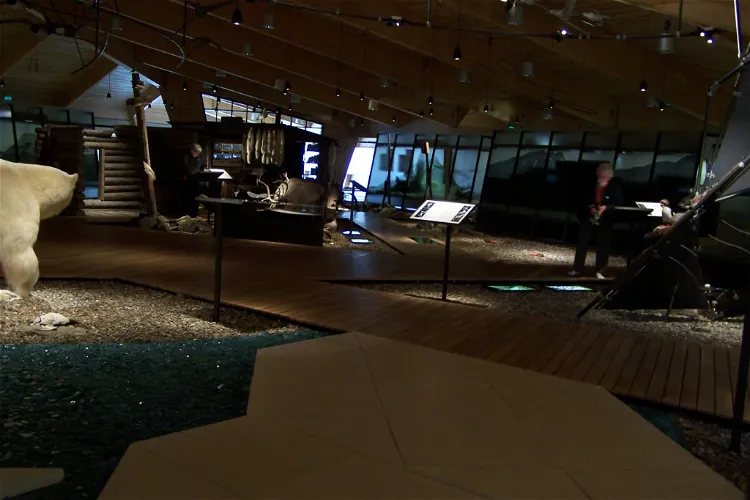
Svalbard Museum
Longyearbyen (Svalbard)The Svalbard Museum, located in Longyearbyen on Spitsbergen, is a place where visitors can delve into the 400-year history of the Spitsbergen archipelago. The museum provides an understanding of the conditions that have allowed human life and activities to thrive on these islands. It's a great place to learn about the region's past and how it has shaped the present.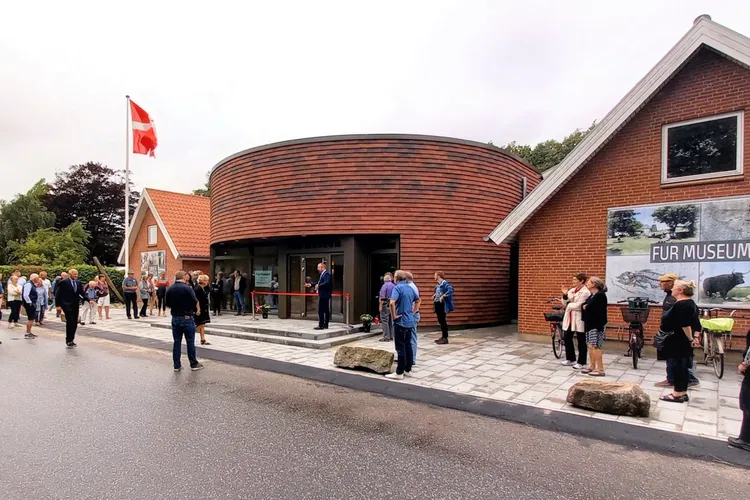
Fur Museum
NederbyThe Fur Museum, located in Nederby on the island of Fur in the Limfjord, is a natural history museum that houses and displays an extensive collection of early Eocene fossils. These fossils are from the Fur Formation, a layer of earth commonly referred to as moleret, and the underlying Stolleklint Clay on Fur. This collection provides a unique insight into the geological history of the region.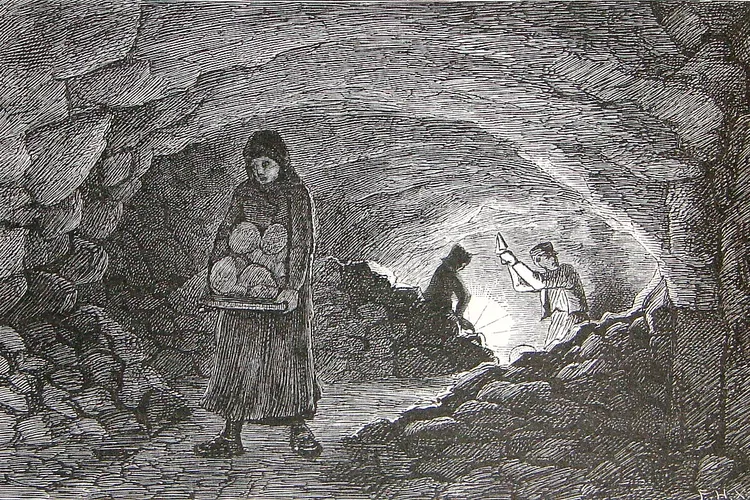
Daugbjerg Kalkgruber
DaugbjergDaugbjerg Kalkgruber, situated 6 kilometers south of Stoholm and 16 kilometers west of Viborg, holds the distinction of being Denmark's oldest limestone mine. This historical significance adds a unique charm to the place, making it an interesting destination for tourists who appreciate history and geology.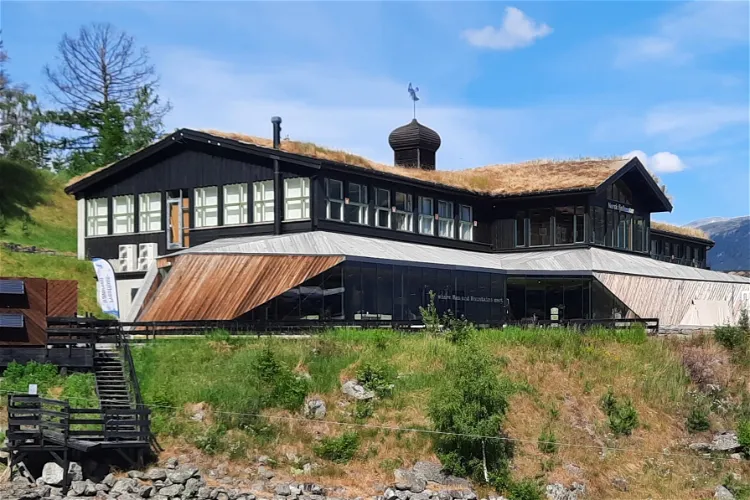
Norwegian fjellsenter
LomThe Norsk Fjellmuseum, or Norwegian Mountain Museum, is a significant part of the Norwegian Mountain Center located in the heart of Lom. It serves as an authorized national park center for three of Norway's renowned national parks: Jotunheimen, Breheimen, and Reinheimen. This makes it a central hub for information and understanding about these natural treasures, providing visitors with a comprehensive overview of the parks' unique features, flora, and fauna.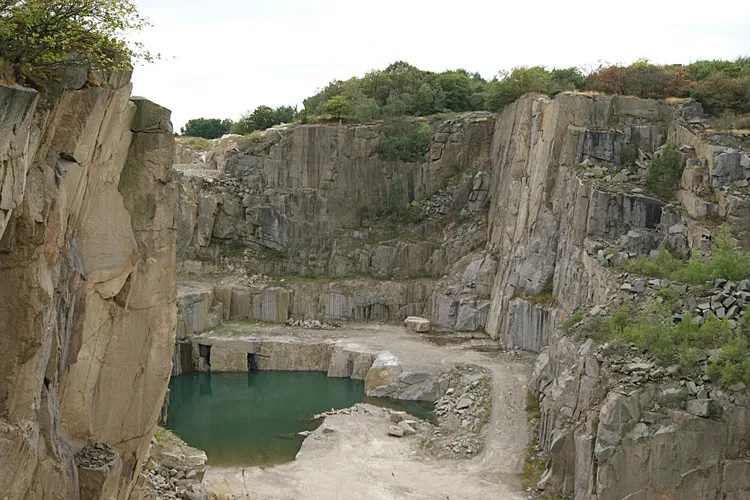
Moseløkken Quarry Museum
Allinge-SandvigThe Moseløkken Quarry Museum is a technical museum situated on Hammerknuden on Bornholm. The museum's primary focus is on the stone industry of the island. It provides an in-depth look into the history and techniques of stone quarrying, making it an interesting destination for those interested in geology, history, or industrial processes.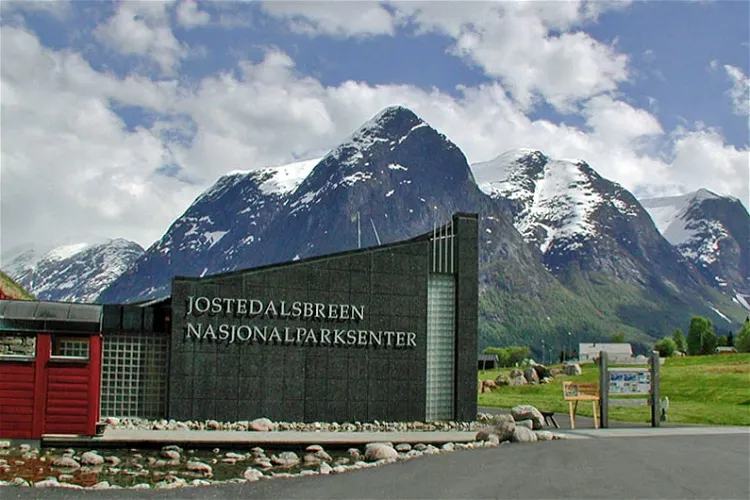
Jostedalsbreen National Park Centre
FosnesJostedalsbreen nasjonalparksenter, located in the village of Oppstryn in Vestland county, Norway, serves as a visitor's center for those interested in exploring the natural beauty of the region. It is situated east of the villages of Loen and Olden, on the shore of the lake Oppstrynsvatn. The center is one of three visitor's centers in Jostedalsbreen National Park.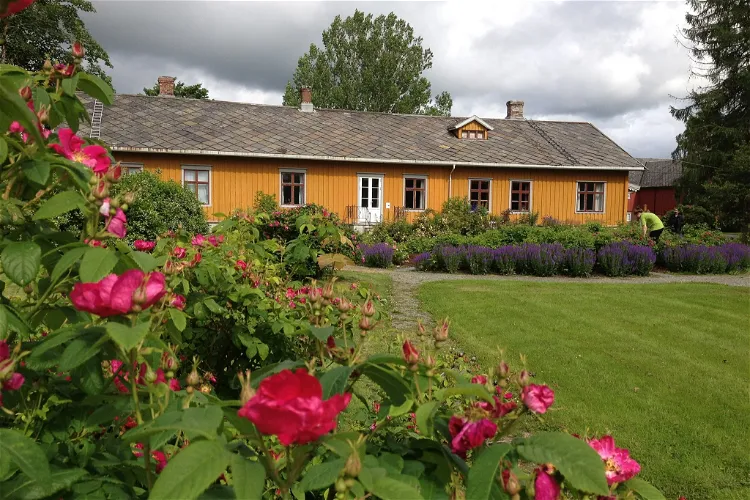
Stjørdal museum Værnes
VærnesStjørdal museum Værnes is a cultural history museum situated in the old parsonage of Værnes in Stjørdal, Nord-Trøndelag. This location offers a unique insight into the region's rich history and culture, making it a worthwhile visit for those interested in exploring the past.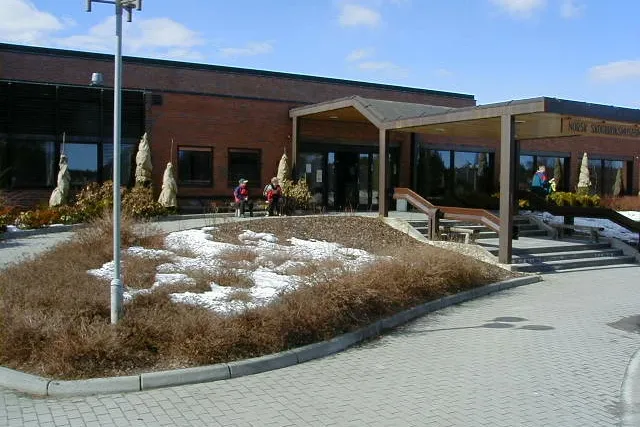
Norwegian Forestry Museum
ElverumThe Anno Norsk skogmuseum, located in Elverum, is a nature and cultural history museum with a national mandate for outdoor industries. These include hunting, trapping, sports fishing, inland fishing, forestry, and the forest industry. The museum also has a broad focus on nature management and outdoor life. This makes it a unique destination for those interested in these areas, offering a comprehensive insight into Norway's rich natural and cultural history.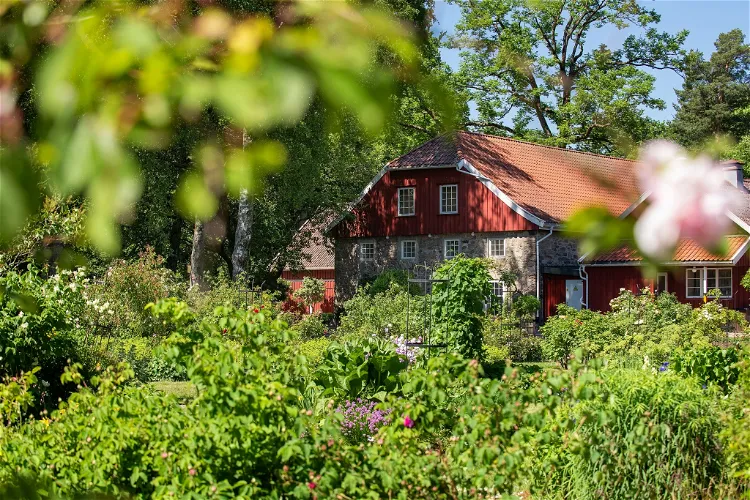
Natural History Museum and Botanical Garden
KristiansandThe museum and its accompanying botanical garden are situated at Gimle Farm. The museum is housed in the farm's outbuilding, while the surrounding park serves as the botanical garden. The main building at Gimle Farm is also a museum, forming part of the Vest-Agder Museum.- 14
Åmdals Verk Gruver
Åmdals verkÅmdals Verk Gruver is a museum dedicated to labor culture and mining, situated in the scenic region of West Telemark. It is located in the town of Åmdals Verk, in the municipality of Tokke, and is conveniently positioned along the road between Vrådal and Dalen. The museum is a part of the larger West Telemark Museum network, making it a significant cultural and historical site in the region. 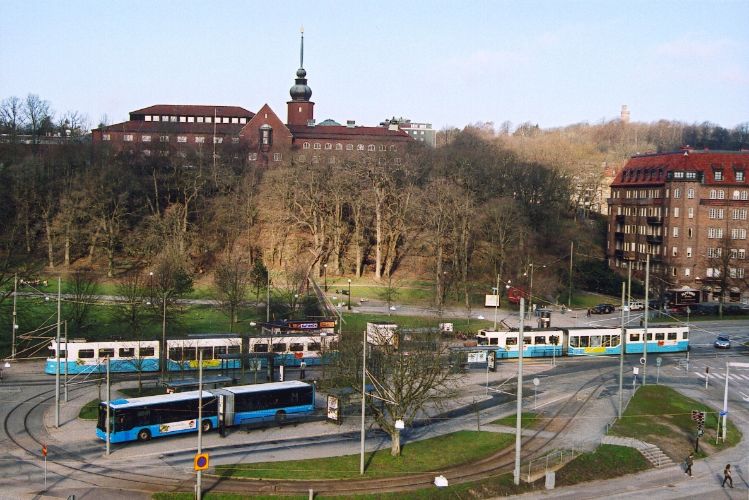
Göteborg Natural History Museum
GothenburgThe Göteborg Natural History Museum is Gothenburg's oldest museum with almost 200 years of history that holds collections of animals from all over the world. The museum includes the world’s only mounted blue whale and an African elephant, birds and fish from. Furthermore there are exhibitions on Ear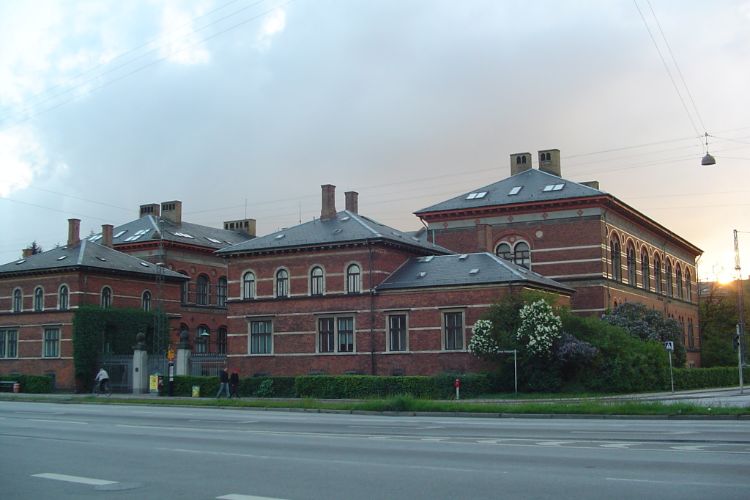
Natural History Museum of Denmark
CopenhagenIn the corner of the Botanical Garden in Copenhagen, you will find the Natural History Museum of Denmark. Here close to Nørreport Station, you can experience the beautiful old mineral halls and explore the temporary exhibitions on the world of nature. The museum also manages the Zoological Museum in
Steno Museet
AarhusThe Steno Museum (Steno Museet) is a science museum that is dedicated to the History of Science and Medicine and is part of the Faculty of Science & Technology of the Aarhus University. The museum features scientific instruments and many interactive activities.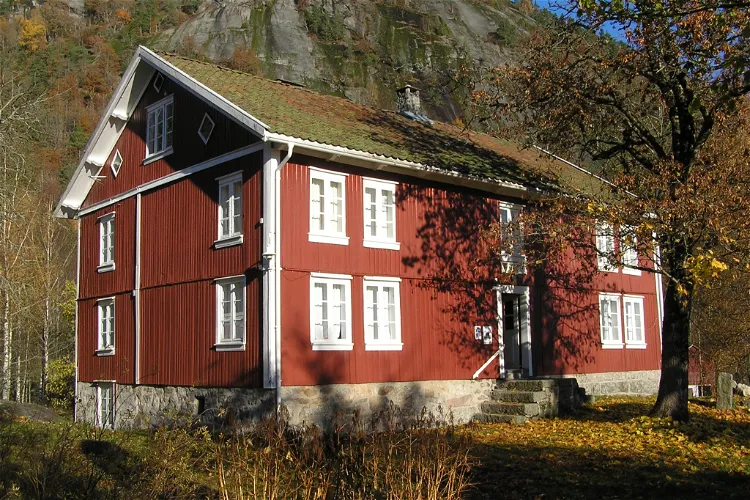
Evje og Hornnes geomuseum Fennefoss
FennefossEvje og Hornnes geomuseum Fennefoss is a museum located in Fennefoss, Agder county. It was established in 1975 by local enthusiasts, including Sigmund Monen and Alf Georg Kjetså. The museum initially started as a local museum, but over time, the geological collections that were gradually acquired became increasingly important.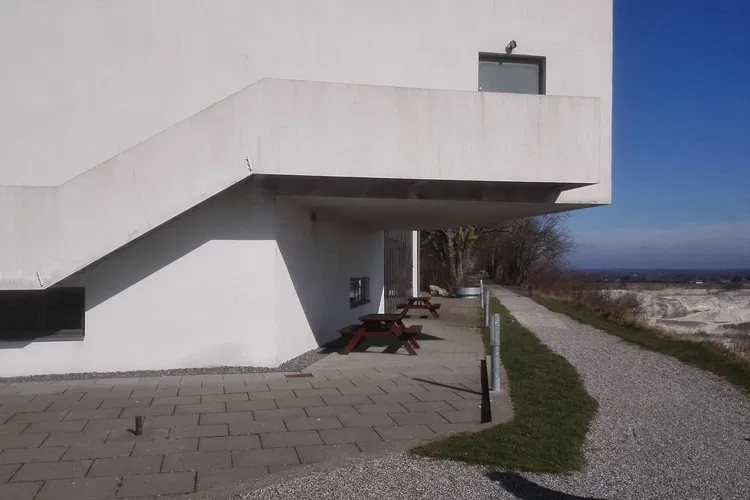
Geomuseum Faxe
FaxeKALK, previously known as Geomuseum Faxe until 2025, is a cultural and geological museum situated in the cultural house Kanten in Faxe. The museum is conveniently located right next to the Faxe Limestone Quarry, making it an ideal destination for those interested in geology and history.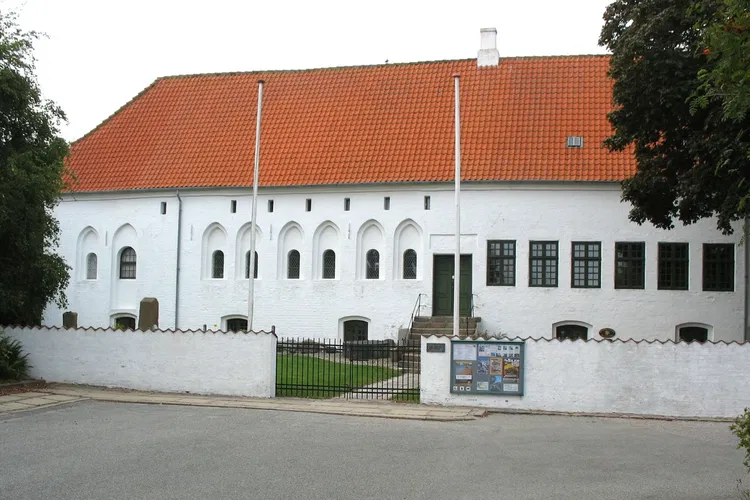
Dueholm Monastery
Nykøbing MorsMuseum Mors, formerly known as Morslands Historiske Museum, is a state-recognized cultural and geological museum. It is located on the island of Mors in Limfjorden. The museum is divided into four departments, each offering a unique perspective on the region's history and geology.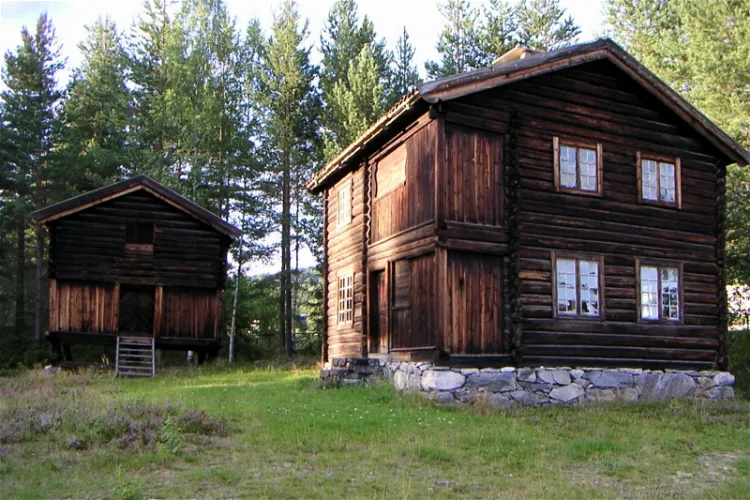
Lands Museum
DokkaLands Museum serves as the cultural and natural history hub for the Nordre and Søndre Land municipalities in Innlandet county, Norway. It provides a comprehensive insight into the region's rich cultural and natural history, making it a significant destination for those interested in understanding the local heritage.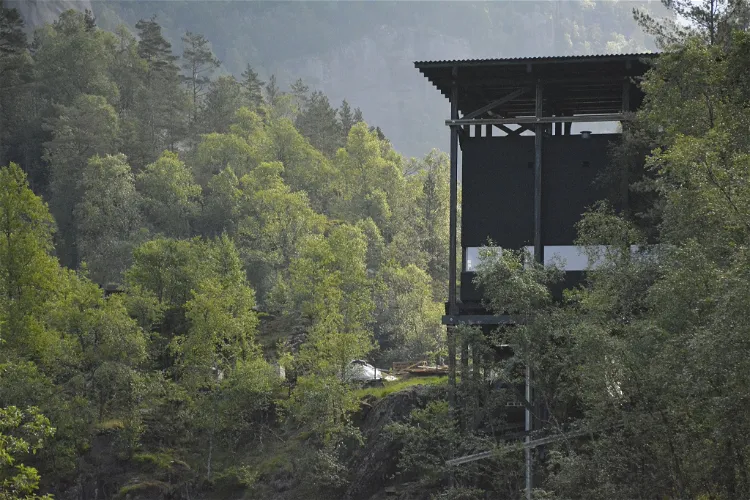
Allmannajuvet
StorliAllmannajuvet is a ravine or canyon situated along the river Storelva in the municipality of Sauda in Rogaland county, Norway. This natural attraction is nestled in a rural, forested area and offers a unique blend of natural beauty and historical significance. It's a great place for those who enjoy outdoor activities and want to learn more about Norway's mining history.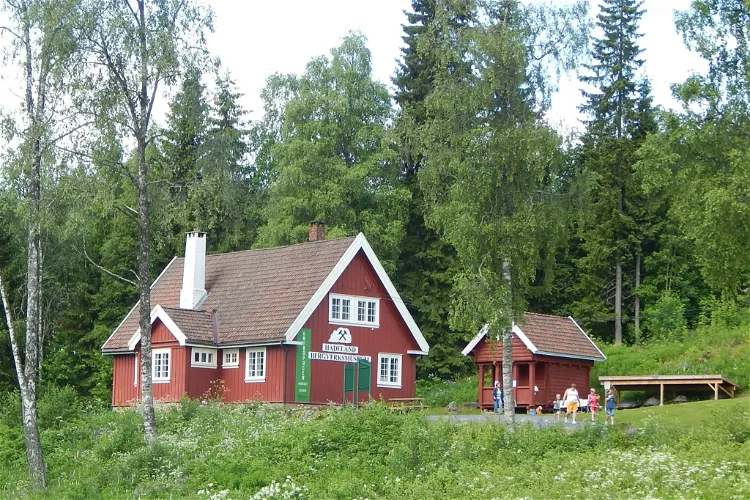
Hadeland Bergverksmuseum
GruaThe Hadeland Bergverksmuseum, located in Lunner, Viken, is a part of the Randsfjordmuseet. The museum's primary focus is on geology and the history of mining. It is housed in the farmhouse of the now-defunct small farm, Bråten, in Grua. The museum exhibits various rocks, minerals, and fossils from the mines in Grua and the surrounding region. It also displays numerous objects, documents, and photographs from the mining operations in Grua.- 24
Fossheim Steinsenter
LomFossheim Steinsenter is not just a museum, but also a shop and a workshop. It is situated in the municipality of Lom, making it a convenient stop for tourists exploring the area. Here, visitors can learn about the geological history of Norway, purchase unique souvenirs, and even see how these items are made. - 25
Konnerudgruvene
DrammenKonnerudgruvene, located in Konnerud in Drammen, is a set of mines where silver, lead, and copper were historically extracted. In addition to these, some bismuth, arsenic, and cobalt were also found. This rich history of mining makes it an interesting destination for those interested in geology and mining history.